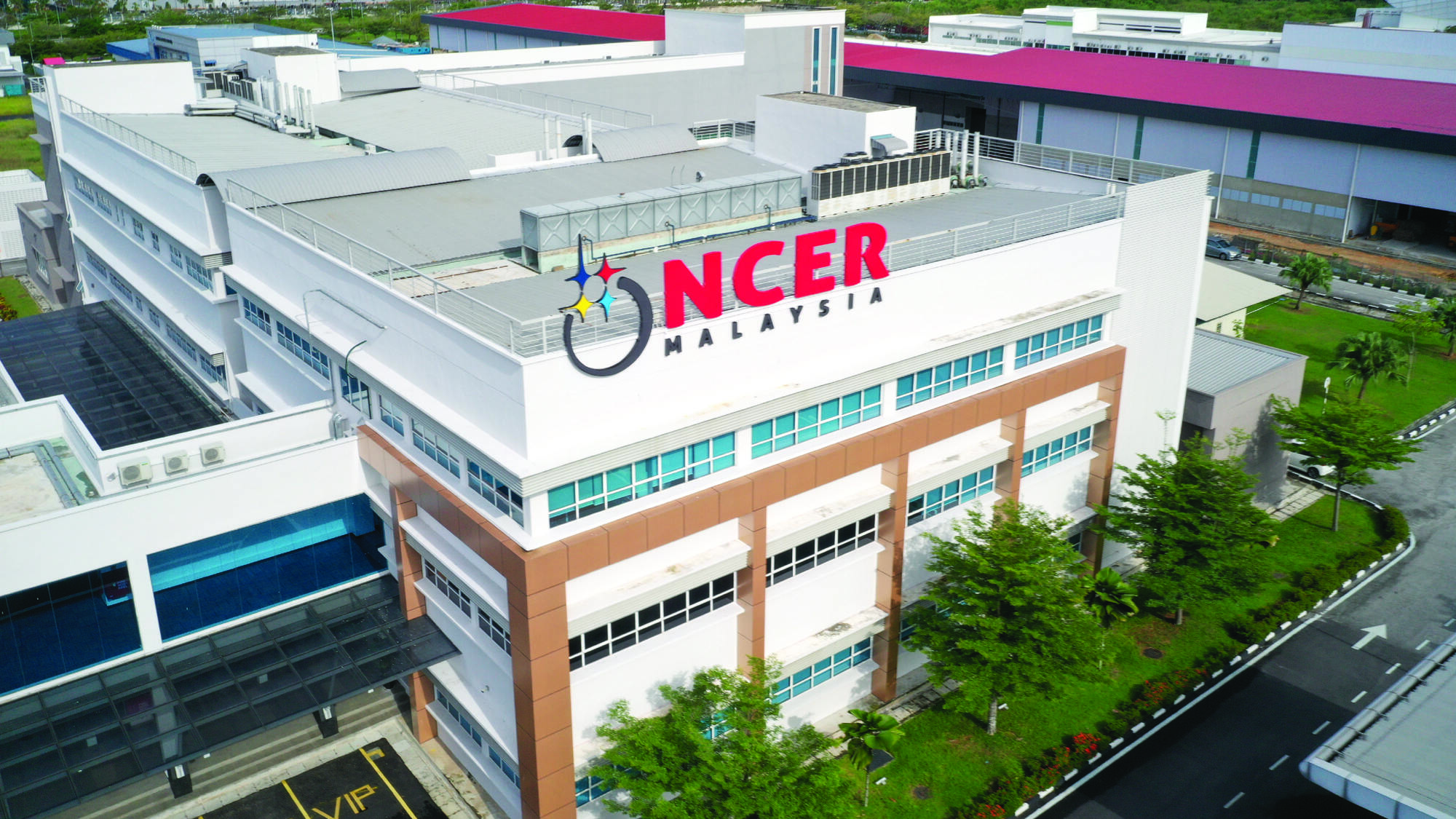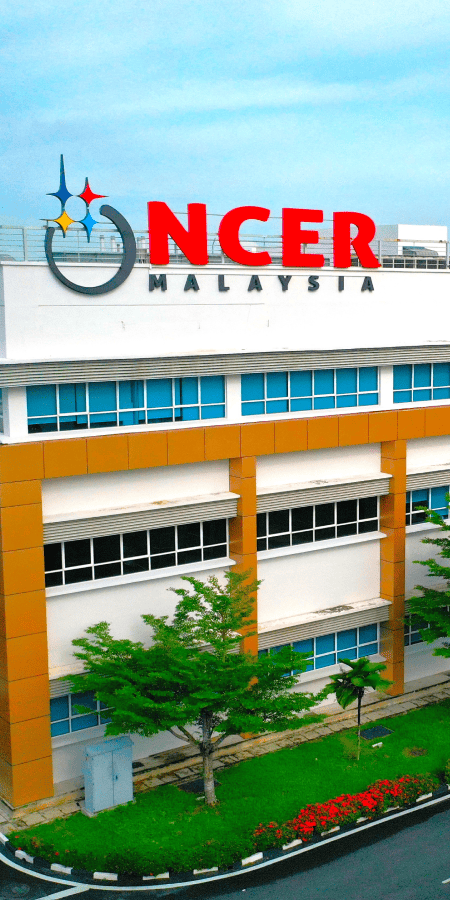Role of NCIA
The Northern Corridor Implementation Authority (NCIA) is the statutory body responsible for providing direction, devising policies and strategies that promote and accelerate the development of the Northern Corridor Economic Region (NCER).
Established in 2008 under Act 687, NCIA catalyses and implements high value-added development projects and programmes, and also promotes private sector participation in the region.
The functions of NCIA

Establish Direction, Policies & Strategies
To establish direction, policies and strategies in relation to the development within NCER and develop the NCER Master Plan.

Promote International Competitiveness
To promote, stimulate, facilitate and enhance the international competitiveness of NCER as a centre for agriculture, manufacturing, education, trade, investment, logistics, and tourism destination.

Recommend Investors' Incentives
To recommend to the relevant Government Entities on the incentives to be given to investors in NCER.

Promote Economic & Social Development
To promote, stimulate, facilitate, coordinate and undertake the economic and social development of NCER.
Core Working Principles
NCER’s development is based on the following six working principles.
This approach ensures that the perspectives of Federal and State government agencies, as well as other relevant stakeholders, are addressed for the region’s overall benefit.
In accordance with Act 687, a clear distinction of the roles and responsibilities of various committees is established to ensure transparency and good governance.
- NCIA as a statutory body was formed to facilitate the development of the region by engaging and complementing the Federal and State Agencies in the implementation of strategic, high-impact and catalytic projects to spur socioeconomic development
- The consultative and collaborative approach enables a regional perspective to be developed for all the projects and programmes implemented
Accelerating the region’s economic empowerment is crucial for the rakyat to achieve economic self-reliance.
To achieve sustainable growth, emphasis will be put on adopting the Fourth Industrial Revolution (IR4.0) technologies, embracing the digital economy, raising innovation, strengthening infrastructures, driving development in strategic sectors, and grooming the local talent pool to be future ready while meeting the current needs of the industry.
Drivers
- Industrial Revolution 4.0
- Digital Economy
- Driving development in key priority & strategic sectors
- Reforming the agriculture sector - Modern & Smart Farming
- Resilient rural development
- New source of income streams
Ecosystem
- Improving strategic logistics, transportation and utilities infrastructure
- Strengthening urban-rural linkages
- Future ready human capital to improve graduate employability
Imperatives
- Raising innovation
- Strenghtening digital inrastructure
- Promoting research, development & commercialisation (R&D&C) efforts
Community empowerment for B40 households, Bumiputera and Orang Asli communities, youth and women is also a priority for the region. Regular initiatives are carried out to enhance their quality of life and promote income equality.
- Promoting greater income equality with focusing on B40 & M40
- Promoting industry – academia collaboration
- Enhancing liveability & quality of life
- Fostering entrepreneurship culture
- Creating of micro-enterprises & developing SMEs
- Upskilling & talent development for jobs of the future
To accelerate the region’s development, Key Development Zones have been identified to promote an equitable distribution of development and rural-urban integration. These are based on the resources, population concentration and economic potential of each location.
This concentrated decentralisation strategy will facilitate the implementation of strategic, high-impact projects and programmes in an inclusive manner. It will also help attract more private investments that will enable the creation of new employment and entrepreneurial opportunities. In addition, Government resources can be optimised for key economic activities and the well-being of the population.
All NCER development initiatives will incorporate the UN Sustainable Development Goals (SDG), Environment, Social and Governance (ESG) principles, sustainable management practices, including the use of smart and clean technology, to ensure the conservation and preservation of the region’s rich flora and fauna via good governance and integrity.

Sustainable Development with Smart Clean Tech

Conservation & Preservation of Natural Resources

Sustainable Management of Natural Resources

Focusing on Renewable / Clean Energy
The private sector has and continues to be a key driver of the region’s economic growth, especially in manufacturing, electrical & electronics, agriculture and services. NCIA continues to attract more private sector involvement in the region via industry – academia engagements, research and development (R&D) collaborations, Public-Private Partnership (PPP) projects and other initiatives.
Strengthening private sector involvement in developing the region

Encouraging Public-Private Partnership (PPP) for Public Projects

Adoption of Anchor Company Model for Agribusiness Project Initiatives

